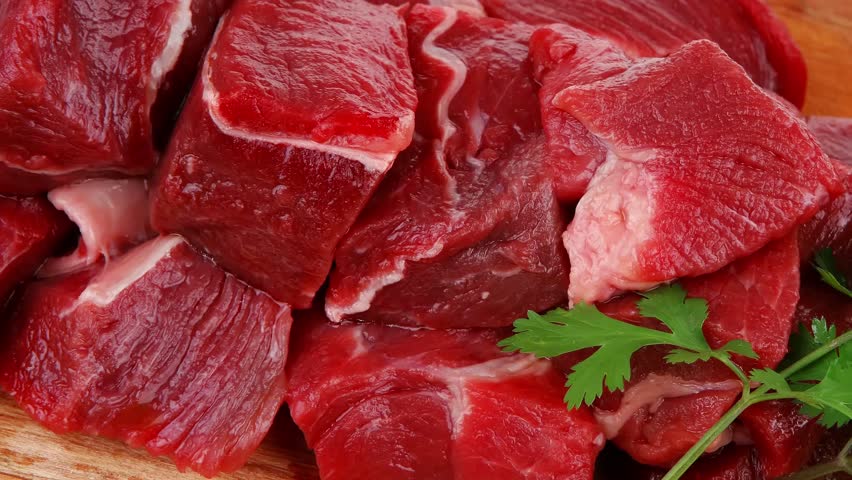×
The Standard e-Paper
Kenya’s Boldest Voice
 Fresh meat is not good for you, a new study says. According to a report by the Kenya Markets Trust (KMT), Kenyans should go for meat that has taken longer than a day and in a cold environment (cold chain).
Fresh meat is not good for you, a new study says. According to a report by the Kenya Markets Trust (KMT), Kenyans should go for meat that has taken longer than a day and in a cold environment (cold chain).
“This is because the meat is likely to be safe and of better quality,” said private food safety consultant Erastus Kang’ethe.